Intro
Discover common cough triggers, including allergies, asthma, and air pollution, and learn how to manage symptoms with effective remedies and prevention strategies for a healthier respiratory system.
Coughing is a common reflex that helps clear the airways of irritants, excess mucus, and other foreign particles. While occasional coughing is normal, persistent or severe coughing can be a sign of an underlying health issue. There are several factors that can trigger coughing, and understanding these causes can help individuals take preventive measures or seek medical attention when necessary. In this article, we will explore five common things that can make you cough, providing insights into their effects on the respiratory system and overall health.
The respiratory system is a complex and delicate system that is susceptible to various irritants and health conditions. When the airways are exposed to harmful substances or become inflamed, the body's natural response is to cough. This reflex helps protect the lungs and airways from damage, but it can also be a symptom of an underlying condition that requires medical attention. By understanding the common causes of coughing, individuals can take steps to prevent or manage their symptoms, reducing the risk of complications and improving their overall quality of life.
Coughing can be triggered by a wide range of factors, including environmental pollutants, health conditions, and lifestyle choices. Some common causes of coughing are obvious, such as smoking or exposure to secondhand smoke, while others may be less apparent, such as certain medications or underlying health conditions. In this article, we will delve into five things that can make you cough, exploring their effects on the respiratory system and providing tips for prevention and management.
Introduction to Coughing
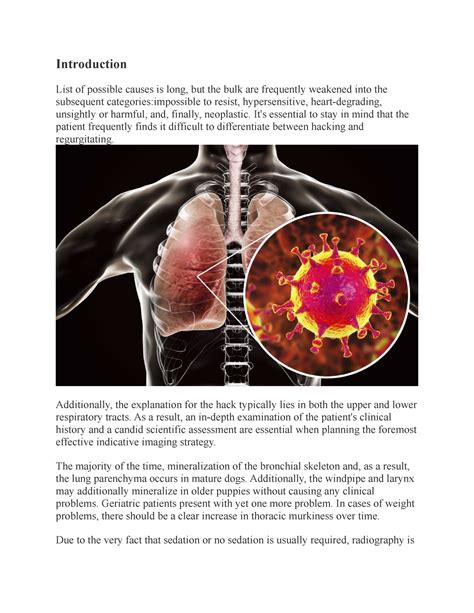
Environmental Pollutants
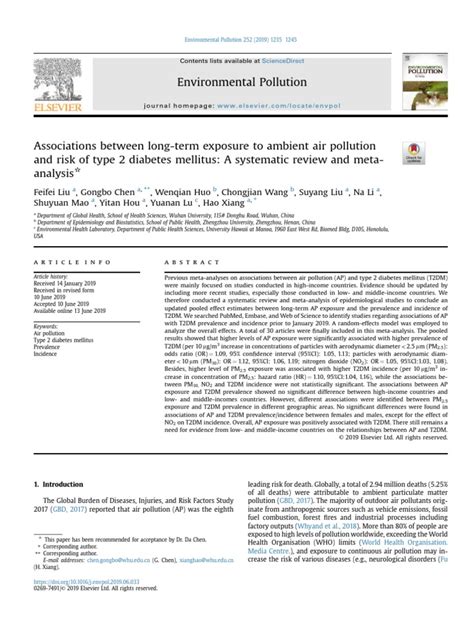
Effects of Air Pollution on the Respiratory System
Air pollution can have severe effects on the respiratory system, particularly in individuals with pre-existing health conditions. The fine particulate matter in polluted air can penetrate deep into the lungs, causing inflammation and damage to the airways. This can lead to chronic respiratory problems, such as chronic obstructive pulmonary disease (COPD) and lung cancer. To mitigate the effects of air pollution, individuals can take steps to reduce their exposure, such as avoiding heavily polluted areas and using public transportation.Smoking and Secondhand Smoke

Benefits of Quitting Smoking
Quitting smoking can have numerous health benefits, particularly for individuals with respiratory problems. Within 20 minutes of quitting, the heart rate and blood pressure decrease, reducing the risk of heart disease. Within 12 hours, the carbon monoxide levels in the blood decrease, improving oxygen delivery to the lungs. Within a year, the risk of heart disease decreases by half, and the risk of lung cancer decreases by 30-50%. Quitting smoking can be challenging, but it is a crucial step towards improving overall health and reducing the risk of respiratory problems.Respiratory Infections
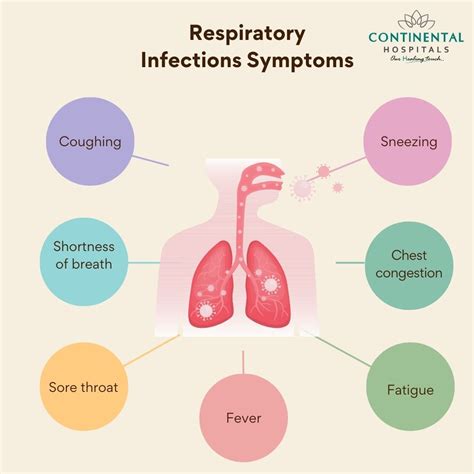
Prevention and Management of Respiratory Infections
Preventing and managing respiratory infections requires a combination of good hygiene, vaccination, and medical treatment. Vaccines, such as the flu vaccine, can help protect against specific respiratory infections. Antiviral medications, such as oseltamivir, can help reduce the severity and duration of respiratory infections. Practicing good hygiene, such as washing hands regularly and avoiding close contact with infected individuals, can help reduce the risk of transmission.Asthma and Allergies
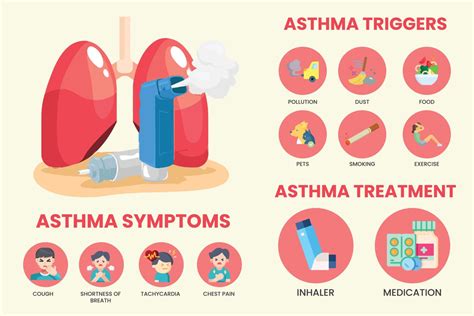
Managing Asthma and Allergies
Managing asthma and allergies requires a comprehensive approach that includes medication, lifestyle changes, and avoidance of triggers. Medications, such as bronchodilators and corticosteroids, can help control symptoms and prevent exacerbations. Lifestyle changes, such as avoiding triggers and practicing good hygiene, can help reduce the risk of symptoms. Avoiding triggers, such as pollen, dust, and pet dander, can help reduce the risk of allergic reactions and asthma symptoms.Gastroesophageal Reflux Disease (GERD)
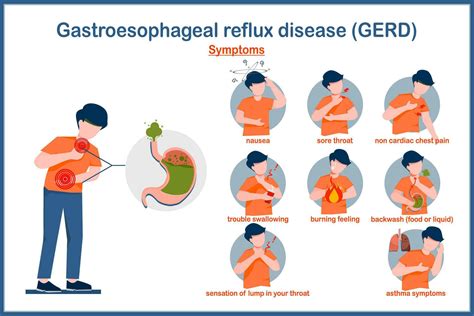
Managing GERD
Managing GERD requires a comprehensive approach that includes lifestyle changes, medication, and dietary modifications. Lifestyle changes, such as losing weight and avoiding triggers, can help reduce the risk of symptoms. Medications, such as antacids and proton pump inhibitors, can help control symptoms and prevent exacerbations. Dietary modifications, such as avoiding acidic foods and eating smaller meals, can help reduce the risk of symptoms.What are the common causes of coughing?
+Coughing can be triggered by a wide range of factors, including environmental pollutants, health conditions, and lifestyle choices. Some common causes of coughing include smoking, secondhand smoke, respiratory infections, asthma, and gastroesophageal reflux disease (GERD).
How can I reduce my exposure to environmental pollutants?
+To reduce exposure to environmental pollutants, individuals can wear masks, avoid heavily polluted areas, and use air purifiers in their homes. Practicing good hygiene, such as washing hands regularly, can also help reduce the risk of respiratory infections.
What are the benefits of quitting smoking?
+Quitting smoking can have numerous health benefits, particularly for individuals with respiratory problems. Within 20 minutes of quitting, the heart rate and blood pressure decrease, reducing the risk of heart disease. Within 12 hours, the carbon monoxide levels in the blood decrease, improving oxygen delivery to the lungs.
How can I manage asthma and allergies?
+Managing asthma and allergies requires a comprehensive approach that includes medication, lifestyle changes, and avoidance of triggers. Medications, such as bronchodilators and corticosteroids, can help control symptoms and prevent exacerbations. Lifestyle changes, such as avoiding triggers and practicing good hygiene, can help reduce the risk of symptoms.
What are the symptoms of gastroesophageal reflux disease (GERD)?
+The symptoms of GERD can include coughing, wheezing, and shortness of breath, as well as heartburn, chest pain, and difficulty swallowing. Managing GERD requires a combination of lifestyle changes, medication, and dietary modifications.
In conclusion, coughing can be triggered by a wide range of factors, including environmental pollutants, health conditions, and lifestyle choices. Understanding the common causes of coughing is essential for taking preventive measures and seeking medical attention when necessary. By managing underlying health conditions, avoiding triggers, and practicing good hygiene, individuals can reduce the risk of coughing and improve their overall quality of life. We invite readers to share their experiences and tips for managing coughing and respiratory health in the comments section below.
